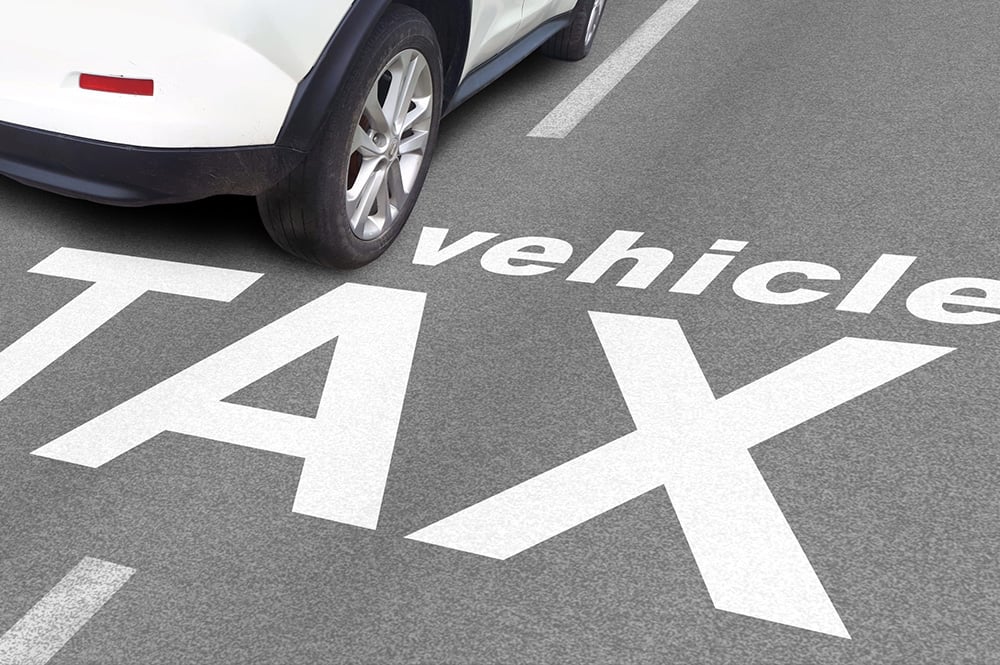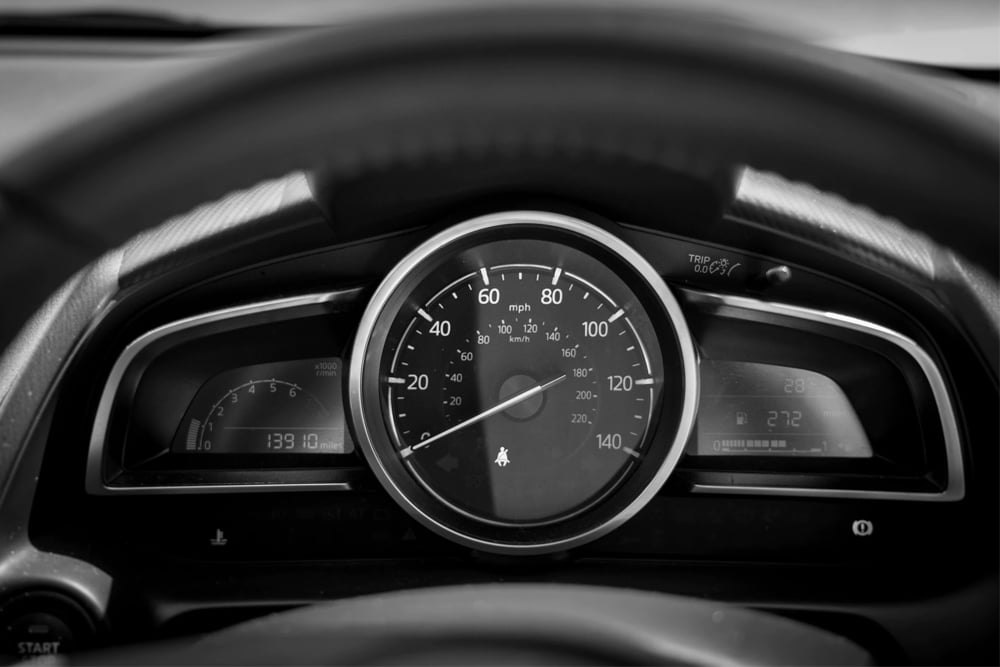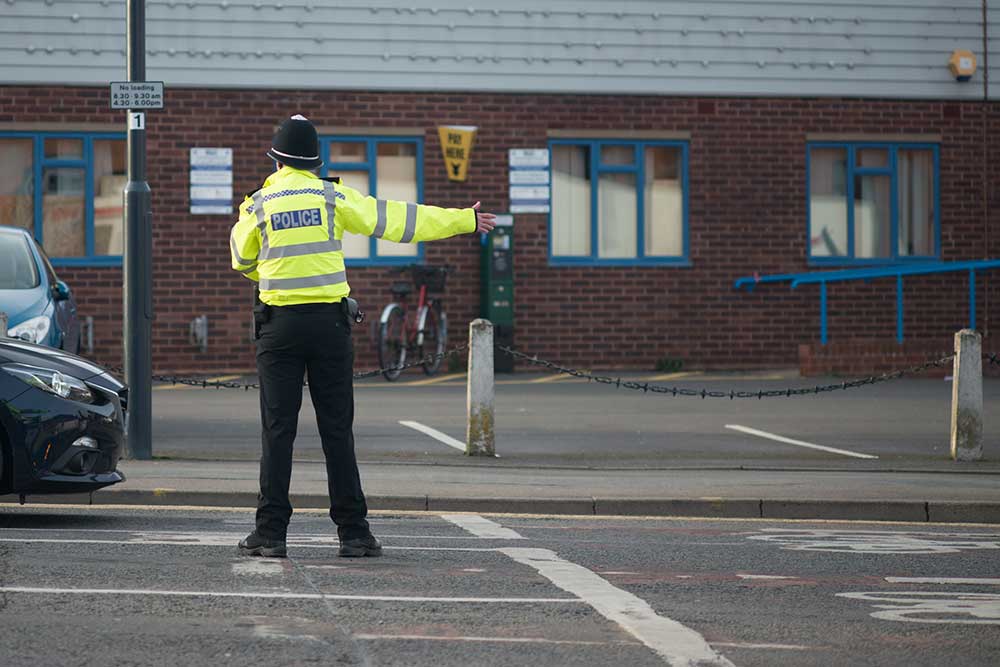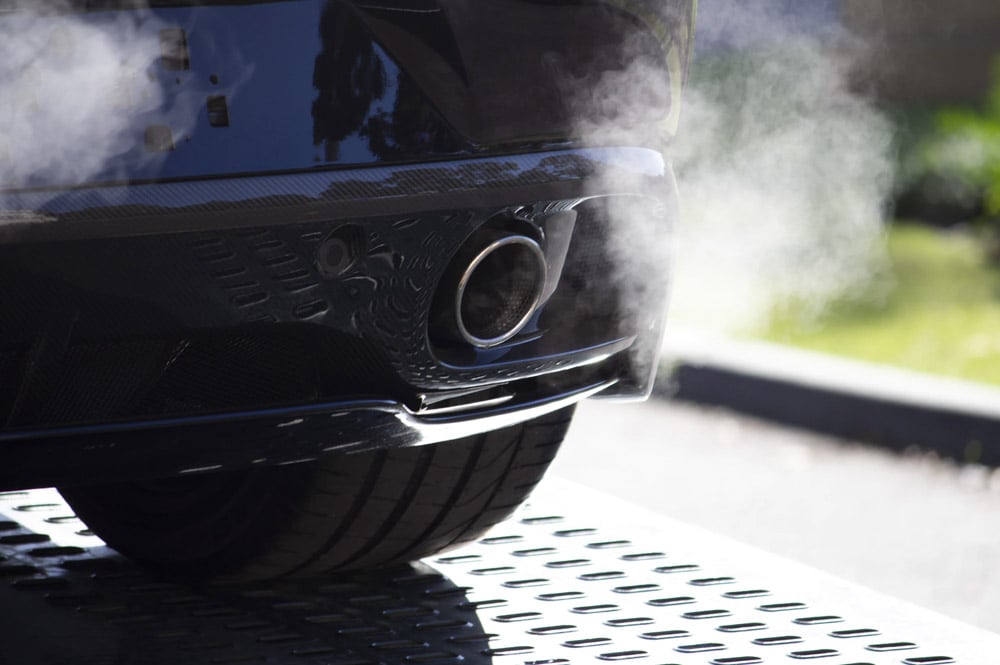Car Tax – Car Tax Explained


Car tax also called vehicle tax, or road tax – is a tax for the use of an automobile on public roads. It was brought in the year 1937 and replaced the old system of road tax, which lines its roots back to the taxation of Hackney Carriages in the 17th century.
The tax disc was introduced in 1921 and, till 1974, automobile taxation was dealt with by local authorities. Then, in 1974, the DVLC (Driver and Licensing Vehicle Centre) was set up, with an office in Swansea handling all vehicle and driver registration issues.
The DVLC later became the DVLA (Driver and Vehicle Licensing Agency). Each year, the DVLA collects £five.6 billion a year in Vehicle Excise Duty, but not all of that is spent on avenue improvements and infrastructure. VED is grouped in with different types of tax, meaning the profits out of your road tax is simply as probable to be spent on schooling or healthcare as it is on roads.
Drivers have to pay car taxes every year. The money this raises is paid at once into the significant government fund, that’s used for projects that benefit anyone – which includes road maintenance and work. The price of car tax varies with age and the way polluting it is the 2 factors in determining your car tax banding. Some cars, together with electric-powered motors (EVs) and certain classics, are exempt and pay nothing, whilst others may be charged with a huge car tax per year. Penalties on extra polluting motors are there to encourage ownership of less polluting motors, like smaller vehicles, hybrids, and EVs.
Car tax policies follow all automobiles that have been first registered after 1 April 2017.
The first-year fee is based totally on CO2 emissions, broken down into some bands. For all cars registered from 1 April 2020, the first-year fee is probably to be better than previous years, as official CO2 measurements have risen due to changes in official checks. The standard fee kicks in after the primary year. From April 2022, you will pay £165for petrol and diesel cars, and £155 for hybrids and alternative fuel cars. Zero-emission vehicles including electric automobiles are exempt from car tax. If your automobile fee is greater than £40,000 when bought new, you need to pay an additional £355 April 2022 charge, per year for five years, on top of the same old fee. This consists of current owners. New regulations aren’t being backdated to older vehicles; they will continue along with the preceding tax system.
There is a VED surcharge payable on vehicles costing extra than £40,000 whilst new, which stands at £335 and could grow from 1 April 2022. This price needs to be paid yearly on top of the same old flat fee. This is payable for five years from the second one 12 months of registration; at six years old, the vehicle reverts to the standard flat rate. Zero-emission motors are exempt from this rate.
Car-tax rates are used as one method to incentivize the purchase of greener automobiles. The first-year charges begin from zero for zero-emission motors and AFVs that emit less than 50g/km. The most polluting motors are hit the toughest, with the ones emitting 255g/km of CO2 or more costing £2,245 inside the first yr. All other models fall someplace among the 2 extremes. Compared to the first-year rates for petrol cars and diesel automobiles that meet RDE2 emissions standards, AFVs are eligible for a £10 discount. Diesel motors that don’t meet RDE2 emissions meeting this trend changed into mandatory from 1 Jan 2021, so only unregistered diesel automobiles built earlier than this date pay extra on a car tax. When you buy a new vehicle, the primary year of car tax could be protected within the vehicle’s on-the-road (OTR) charge, so that you don’t need to worry about paying the car tax one after the other.
Owners of older motors hold to pay annual car tax as per the guidelines of the preceding tax systems, with a slight increase because of inflation. The previous systems have been broken up into separate periods; vehicles registered between 1 March 2001 to 31 March 2017 have been taxed based on CO2 emissions, and automobiles registered before 1 March 2001 have been taxed based totally on engine size.
First-year Car Tax Rates
Now only automobiles that emit no carbon dioxide in any respect are free from car tax. All different motors then face a first-year car tax price which is based totally on the automobile’s emission levels. These range from £10 for those who emit very little all of the way up to £2,245 for people with the worst emission levels. You need to pay a higher charge for diesel cars that do not meet the Real Driving Emissions 2 (RDE2) standard for nitrogen oxide emissions. You don’t want to fear this in case you are purchasing an ultra-modern car, as considering January 2021, all new cars now ought to be compliant with the usual. If you have got an older vehicle and aren’t certain if it’s compliant, then ask the manufacturer.
From the second 12 months onwards, all petrol or diesel cars have a flat rate of £155 (based on a single 12-month fee), no matter what the emission levels are like. As with first-year payments, fully electric-powered vehicles that emit no carbon dioxide are tax-free, whilst ‘alternate’ motors – hybrids, bioethanol, and liquid petroleum fuel – pay £145 to tax for 12 months. There’s an extra cost to endure if you have a high-priced vehicle. If the automobile costs more than £40,000, then you will need to pay an extra £335 charge every 12 months for five years. Again, you shouldn’t pay this if you have a zero-emission automobile.
The cost of car tax additionally depends on while the car becomes registered:
Emissions-based car taxation first came into the region in 2001. When modifications came into impact in April 2017, all automobiles registered previously had their tax frozen.
If you purchase a brand new automobile, the fee of car tax follows the system added on 1 April 2017. The first 12 months are based totally on emissions, and the subsequent years are a flat charge. The first year of tax is covered in the on-the-road price, however, the 2d year is what you will pay out of pocket. In 2019, VED improved in keeping with inflation through the Retail Price Index (RPI). To calculate road tax and find out how much tax you will pay, visit the government website gov.Uk.
In the 2017 Autumn Budget, HM Treasury found a brand new tier of taxation for new diesel motors that don’t meet the latest Euro 6 emissions rules. The value varies relying on whether you have a cleaner diesel car or an older one. New motors that don’t comply with Euro 6 emissions see a tax growth. Cars with greater than 0g/km carbon emissions and/or cost extra than £40,000 are also taxable.
If you are looking to cancel your car tax
The DVLA will refund tax for any full months you have paid for and are now not used.
Your vehicle provider will usually arrange car tax for you. The ‘on the road’ rate generally includes the value of the first year’s car tax and new registration price, so you need not pay that one by one. The dealer will deliver the DVLA with the records they want, which include proof of your name and deal. After receiving the application, the DVLA will search the insurance database to check that cover is in the area.
You can buy car tax in one of 3 methods:
The most inexpensive manner to pay is in a lump sum, even though you can pick the convenience of paying month-to-month – especially if you are not planning on keeping the car for the full twelve months. If you cancel your Direct Debit or miss bills, this will lead to the cancellation of your car tax, so this mustn’t occur.
Arguably the perfect way is to set up a direct debit. You can make annual, six-month-to-month, or month-to-month payments; there may be a five% surcharge for the ones paying each six months or month-to-month. You can also pay with the aid of cash, debit or credit card, cheque, or postal order in a few post offices.
If so, you will want to have one of the following:
Alternatively, you could telephone the DVLA to pay your car tax.
The quotes are barely unique for owners of alternative fuel cars. These are automobiles that do not run basically on diesel or petrol and include hybrids plug-in hybrids liquefied petroleum fuel (LPG) vehicles compressed natural gas (CNG) automobiles biofuel motors (bioethanol or biodiesel). Drivers of hybrid vehicles pay £10 much less than petrol and diesel owners inside the first year. They then pay an amount of a hundred and fifty-five every year after.
If you don’t pay your car tax, to begin with, you will get a fine of £80 if caught driving without tax (even though this should be halved if you pay speedily enough). If you continue not to pay, the fine should rise to a hefty £1,000 – plus courtroom expenses must it go to court. It’s unlawful to drive without car tax, and the police can use Automatic Number Plate Recognition for £1,000 if they discover you have not paid it.
The following vehicles are exempt from car tax, even though you will still want to use them:
For cars registered on or after 1 March 2001, the device is a touch greater complex, however, the choice to pay through direct debit remains.
Don’t be caught out by the modifications to the system when buying a brand new car. Since then it has now not been viable to transfer any unexpired tax to the brand new registered keeper, which means a brand new owner ought to tax the car before using it away. Similarly, in case you are selling the automobile, make certain to permit the DVLA to know. Any tax remaining might be refunded to you.
Enter your registration number on our free car tax tool. We will provide you with a breakdown cost for 6 or twelve months of road tax which include the insurance company.
Our check consists of extra facts than other services. Find out even more approximately an automobile, consisting of performance specifications and fuel economy figures. You also can check if the vehicle is recorded as stolen.
Every six months or each month you pay car tax with a single payment– it doesn’t count if it’s paid in person or online.
No longer do the authorities extend a grace period for bills for motors. Until recently, the brand new tax disc should arrive in the mail within five days of printing a paper disc.
Neither you nor the DVLA is supposed to acquire revenue from your car until you tax it or tell them it’s now not in use. There is also a fee for the time it wasn’t taxed. Despite having paid off your fine through the deadline, your automobile might be clamped or beaten, or your name may be assigned to debt collection agencies.
If you tax your automobile on the end day of the month, you may lose it for a month. If the tax you just paid is due on the primary day of next month, make sure to tax the car from that date. You won’t lose a whole month.



